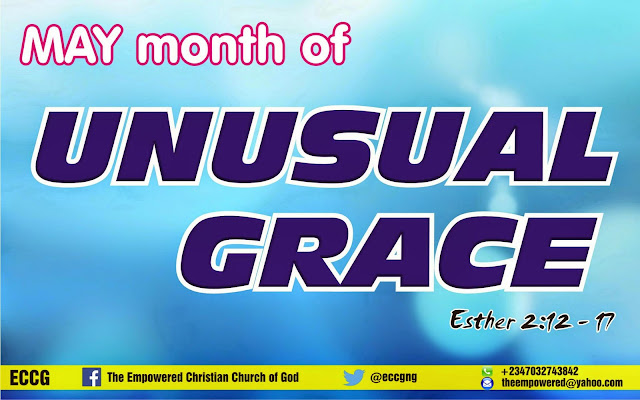Eternal Hope
Isaiah 40:31
For nearly half of my adult life, I was a video producer, meaning that I traveled around the world capturing video for Bible study curriculum. My crew and I shot in such places as Trafalgar Square in London, Hiroshima in Japan, the pyramids in Egypt and Masada in Israel, among others. Dream job, right? I loved my job, and I loved the people with whom I worked, but one day I woke up, and that job was gone. Suddenly I found myself trying to decide what to do next.
I had spent many years confident that I was square in the middle of God’s will for my life, but then, in the blink of an eye, I wasn’t sure anymore. I felt confused but never alone. God quickly began to teach me to trust in him and lean on him with a whole new urgency. He continually drew me to his Word and set me on a new path. Here’s the deal though: I still don’t know exactly what that path is, so I’m learning to trust him each day. Sometimes it’s hard to wait. Truth be told, some days I don’t want to get out of bed. Hopelessness creeps in. It’s in those times that God gives me an extra measure of hope through friends, strangers, circumstances and his Word. So I wait patiently for his plan for my life to unfold. I’m excited to see what he will do next.
I don’t know your circumstance, but if you find yourself in a place similar to the one I’m in — uncertain about the future — please know that the same God who is there for me every single day is there for you too. Allow him to be your hope.
Debbie Beavers
Taken from Fulfilled




